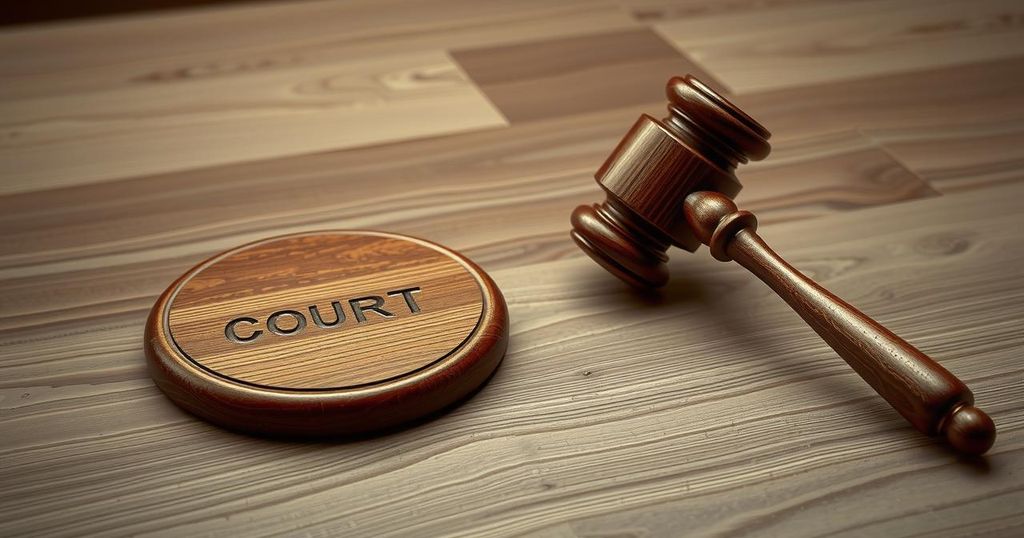Former Philippine President Duterte Arrested for ICC Drug War Crimes

Philippine police arrested former president Rodrigo Duterte under an ICC warrant for crimes against humanity due to his war on drugs. Duterte questions the validity of the charges, while critics and activists view the arrest as a historic step toward justice for victims. His administration is criticized for widespread killings and extrajudicial actions against drug suspects, with ongoing tensions surrounding his political legacy and potential future implications for governance in the Philippines.
Rodrigo Duterte, the former president of the Philippines, was arrested by police following an International Criminal Court (ICC) warrant for crimes against humanity related to his controversial “war on drugs.” The 79-year-old ex-leader was taken into custody at Manila airport upon his return from Hong Kong, where he had been campaigning for the Davao mayoral elections. Duterte has not expressed remorse for his actions during a crackdown that led to thousands of fatalities from 2016 to 2022.
Duterte questioned the validity of the warrant, stating, “What crime [have] I committed?” His former spokesperson, Salvador Panelo, criticized the arrest as “unlawful,” citing the Philippines’ withdrawal from the ICC in 2019. However, the ICC maintains jurisdiction over incidents that occurred prior to this withdrawal. Activists view this arrest as a significant milestone towards justice for victims of Duterte’s drug war, with Peter Murphy of the International Coalition for Human Rights in the Philippines declaring it a step towards accountability.
In a video shared by his daughter, Veronica Duterte, he was seen in custody questioning the lawfulness of his arrest and expressing sorrow for his loss of freedom. The former president characterized his presidency as aimed at bringing peace to the Philippines, asserting, “I did everything in my time for peace and a peaceful life for the Filipino people.”
Duterte’s administration was marked by a relentless anti-drug narrative, leading to over 6,000 killings, largely from the impoverished urban sector. Despite claims of addressing drug issues, critics argued that his campaign primarily targeted street-level dealers while ignoring larger drug traffickers. Investigations indicated the existence of extrajudicial “death squads,” which Duterte has consistently denied.
The ICC initiated investigations into alleged human rights abuses during Duterte’s regime, covering actions from 2011 to 2019. Despite international criticism, Duterte remains a popular figure, known for his populist approach and direct rhetoric, earning the nickname “Donald Trump of the East.” His political legacy continues through his daughter, Sara Duterte, the current vice president of the Philippines, who may contest the presidency in 2028.
The recent arrest of Rodrigo Duterte marks a pivotal turn in accountability efforts for his administration’s controversial anti-drug policies. As the ICC retains jurisdiction over actions prior to the Philippines’ withdrawal, this case could lead to significant legal and political implications. Activists hail the arrest as a victory for the victims of human rights abuses, while Duterte’s steadfast refusal to acknowledge any wrongdoing illustrates ongoing tensions surrounding his legacy and the broader implications for human rights in the region.
Original Source: risingnepaldaily.com







